MA in Applied Theatre: Arts, Action, Change
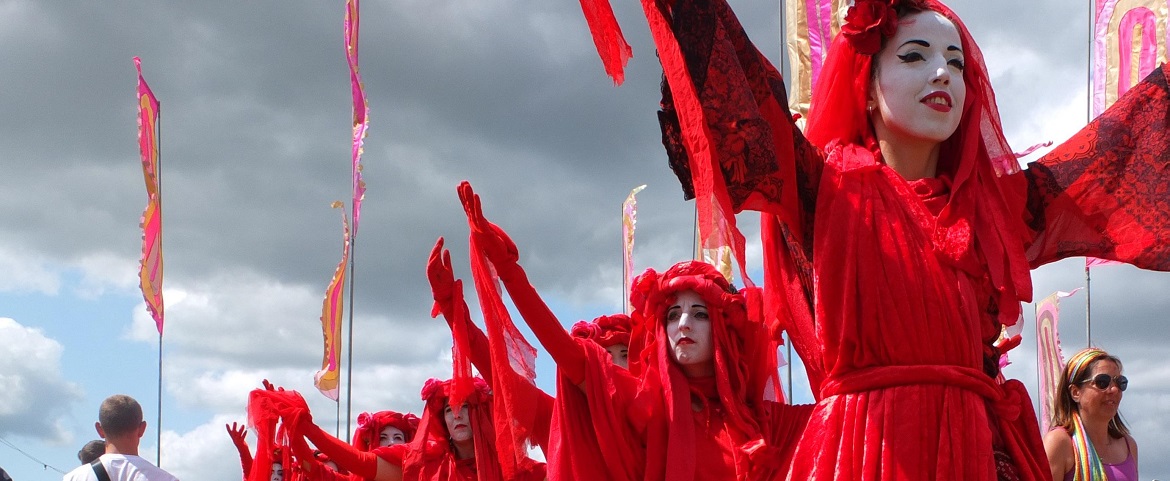
Banner image: Extinction Rebellion. Photo by Jo Rogers
Degree Overview 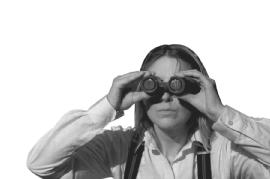
With an emphasis on professional practice and development, this taught postgraduate degree addresses contemporary practice in applied theatre and socially engaged performance in national and international contexts. It invites you to explore, make and interrogate performance practices broadly concerned with contributing to social change in a variety of settings including the criminal justice system, theatre for development, homelessness, learning disability, schools, the elderly and healthcare. The programme is aimed at recent graduates, emerging practitioners and more established practitioners who want the opportunity to reflect, refresh and enhance their skills.
How will you learn?
Students will learn through interaction with academics, guest speakers and industry practitioners who will share their expertise and challenge you to think deeply and to work creatively. Our approach to teaching through seminars, presentations and workshops will provide you with the knowledge, opportunities, and practical support you need to excel in analysing, developing and realising applied theatre and socially-engaged projects.
Students will also benefit from having two intensive weekend teaching blocks (subject to module choices) that will facilitate a more immersive teaching/ learning experience with professional practitioners.
Assessment
Assessment processes, methods and outcomes are designed to enhance your personal and professional development. You will encounter ‘real world’/employer focused assessments that may include the creation of creative projects, the delivery of a workshop, the presentation of a creative brief, the submission of a funding application and evaluative reports. You will be assessed individually and, in some instances, as part of a group.
The course also offers the scope to further develop and refine your practice through a flexible final project that can be taken as a written (15,000 words) or practical route (practice-based project and 4000-word documentation). In both cases support will include regular meetings with project supervisors, presentations of project proposals (to enable peer and tutor feedback) and work in progress demonstrations (to  monitor progress and enable peer and tutor feedback).
monitor progress and enable peer and tutor feedback).
Life after MAAT
A person who undertakes this MA programme might pursue the following career trajectories:
- Applied theatre practitioner/facilitator
- Community arts organiser
- Cultural coordinator and partnership manager
- Theatre in therapeutic contexts (health and care sectors)
- Theatre in Education or Education Officer in a professional theatre/museums
- Arts Officer in Local Government
- Theatre for Development
- Work in the charitable/NGO sectors
- Research and Teaching in the FE/HE sectors
Our department has a dedicated professionally qualified Senior Careers Consultant offering impartial advice and guidance together with workshops and events throughout the year. Previous examples of workshops and events include:
- Careers workshop for Theatre and Performance Studies Students
- Discovering Careers in the Creative Industries
- Careers in Radio Film and Television
- Warwick careers fairs throughout the year
- A history and DIY Guide to setting up and running a Theatre Company
Image credit Jade Studios, Chris Collier, Jack Offord
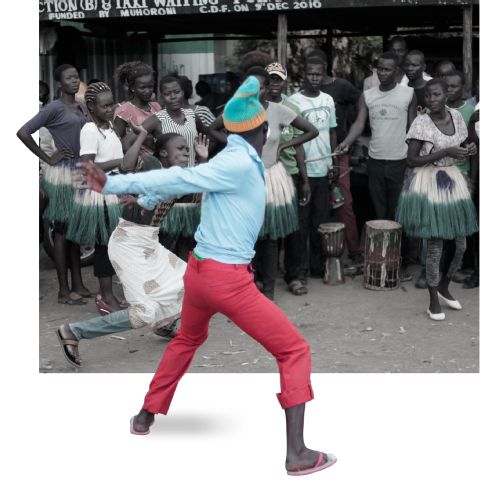
Who are we?
Core Course Team at the University of Warwick
anna six
anna six’s research explores the intersections between arts and health. six’s current project is investigating the politics of tenderness and questioning the meaning, nature, and practice of ‘care’. Her artistic practice with her theatre company, Idiot Child, is likewise engaged with questions around health and wellbeing.
Saul Hewish
Saul Hewish is one of the country's leading practitioners in the use of drama and theatre with offenders. In 1999 he co-founded Rideout (Creative Arts for Rehabilitation), which develops innovative and experimental arts-based projects within the criminal justice system.
Nadine Holdsworth
Nadine Holdsworth’s research spans questions of representation, participation, citizenship, political change and cultural value. She explores how theatre, performance and arts-based methodologies can be used to illuminate pressing social issues and marginalised groups.
Yvette Hutchison
Yvette Hutchison is a South African academic whose work focuses on Anglophone African theatre, dance and intercultural performance. She has taught on and worked in various theatre for development and community theatre projects in Africa and the UK.
Bobby Smith
Bobby Smith is a freelance practitioner who has worked in settings including schools, youth centres, within the criminal justice system and internationally. He has worked as a consultant for several charities, writing resources and training staff, particularly in the area of Theatre for Development.
Please click to see a selection of recent applied and socially-engaged research and professional theatre projects conducted by the core teaching team
What will you be learning in MAAT?
Core Modules:
Researching Performance/Performing Research
This module considers the research methods that are central to applied and socially engaged performance making and research. It addresses a range of research skills, methods, critical frameworks and areas of study that inform processes of making and creating performance in these contexts. It opens up debate around the questions and ethical considerations that arise when employing specific research methods in these contexts in order to develop informed critical perspectives on different approaches in the field.
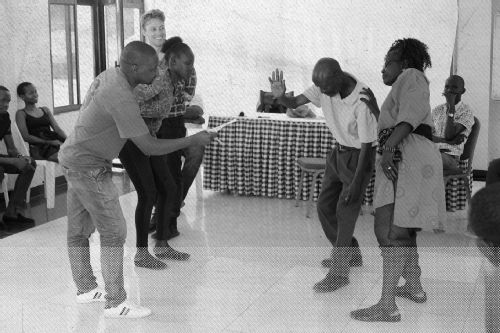
Socially Engaged Performance: Interventions and Provocations
Working through case studies focused on pressing social issues such as the climate crisis, austerity and homelessness, this module is concerned with how creative methodologies are being employed in activist forms of socially-engaged art and digital based arts practice that are about social change. It focuses on the potential of theatrical and performance modes to pose questions and invite reflection through its ability to intervene, surprise, disrupt, subvert, transform and imagine possible future worlds. It considers how theatre-making and creative approaches to digital practice can foster networks, collaborations and movements that are about tangible change within and across communities.
Students on the MA Applied Theatre: Arts, Action, Change may also be interested to take an optional module from other MAs in the University including
Enhancing Your Professional Profile
Rooted in advice and guidance from established practitioners in a range of settings, this module offers practical insight into the skills and knowledge you will need to develop and build your professional profile. It will explore what it means to have a portfolio career; how you establish a company and promote your work; the importance of making connections and working with collaborators; project initiation, budgeting, management and evaluation; how to shape funding applications that tap into the cultural zeitgeist and respond to different briefs and the needs of organisations whether they are in the educational, criminal justice, health, charity or international development sectors.
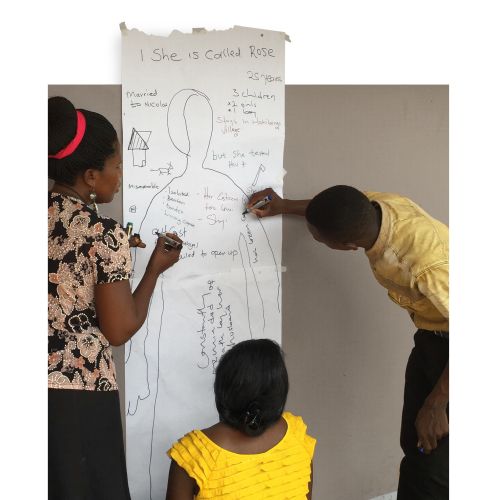
Final Project (written or practical)
The programme culminates in an extended independent project that is designed, managed and delivered by the student with support and guidance from a supervisor. It offers an opportunity to draw together knowledge and skills developed on the MA on a project that reflects specific interests, artistic practice and career trajectories. Students undertaking the Final Project can choose to undertake a 15,000-word dissertation or a practical outcome that may take the form of a performance, digital project or community-based output.
Optional Modules:
Theorising and Facilitating Applied Theatre: Ethics and Reflective Practice
Through a dynamic combination of theory and practice, this module investigates what it means to be a reflective practitioner by exploring diverse approaches to understanding and facilitating applied theatre projects. It provides a conceptual and practical underpinning for how and why theatre and performance modes are used with specific client groups and in different environments. Looking at key practitioners and providers in the sector, at its heart is a concern with the politics, aesthetics and ethics of practice and what it means to facilitate applied theatre projects with and for potentially vulnerable people in a variety of contexts. The module will explore strategies for initiating, making, facilitating, analysing and evaluating applied theatre to create an informed culture of practice.
* The modules mentioned above may be subject to change.
Please read our terms and conditions for more detailed information.
Image credit Jade Studios
The MA Applied: Arts, Action, Change will provide opportunities to work with and learn from a number of professional companies and practitioners working in the fields of applied theatre, socially engaged performance and arts-based action projects through workshops, guest lectures, weekend intensives, project work and industry placements. Our Associate Companies include:
Arts and Homelessness International work globally at the intersection of homelessness and creativity bringing positive impacts to people, projects and policy via homeless arts festivals from the Rio Olympics to Coventry UK City of Culture; the first cultural leadership programme for creatives who are or have been homeless and policy co-creation with local councils using Legislative Theatre.
B Arts: a combined and participatory arts organisation that designs multidisciplinary arts projects that creatively intervene in people’s lives.
C & T: a company combining applied theatre methodologies with digital technologies to explore and grow creativity with children and adults.
Cardboard Citizens: An organisation that has been making Theatre with and for homeless people for twenty five years.
Creative English: a company that develops language skills by using drama, puppets and games.
Common Wealth: a socially-engaged company producing site-specific theatre events for and with communities.
Open Theatre: a company working with young people with learning disabilities through non-verbal physical theatre.
Rideout (Creative Arts for Rehabilitation): a company employing arts-based approaches when working with prisoners and staff in UK prisons.
Phosphoros: a company undertaking theatre projects with refugees and asylum-seekers.
Tender: a company using theatre-based methods to encourage healthy relationships amongst young people to help tackle domestic abuse and sexual violence.
Warwick Arts Centre Creative Learning: generating hands-on learning opportunities for schools, audiences and members of the community as part of a large-scale arts organisation.
Essential Information
How to apply
Course Code
P-W440
Duration
Full-time: 1 year
Part-time: 2 years
Entry Requirements
Minimum requirements: You will have, or be expecting to obtain, a First or Upper Second Class honours bachelor's degree from a UK university or an equivalent qualification from an overseas university. Your degree will normally be in an arts, humanities, media or social science-related subject. Alternative subject routes for entry are possible if you can demonstrate that you have suitable experience and aptitude in order to meet the range of demands of the course.
The University of Warwick operates an Equal Opportunities Policy and values Diversity; it welcomes applications from people of all backgrounds.
English Language Requirements Band B
Overall IELTS (Academic) score of 7.0 and component scores
If English is not your first language you must demonstrate that you have oral and written fluency in English.
International Students
We welcome applications from students with other internationally recognised qualifications. For more information please visit the international entry requirements page.
Location of Study
University of Warwick
Course Fees
See Student Finance
Scholarships
The University is part of a number of prestigious government Scholarship schemes, including Chevening, Fulbright,
Commonwealth and Marshall. For more information click here. For Information on the Warwick Taught Masters Scholarship click here
Additional Course costs
Mandatory costs will include materials and printing for project assessment work at approximately £50 in total for the course. There may also be costs associated with travel to/from shows and other engagements with professional practice up to £40. Purchase of a laptop computer, at approximately £400, is recommended.
Useful Links
Banner image: Extinction Rebellion. Photo by Jo Rogers

